In 2024, the landscape of home health billing continues to evolve, shaped by regulatory changes, technological advancements, and the ongoing commitment to providing quality care. This comprehensive guide delves into the updated home health billing guidelines for 2024, offering insights into eligibility criteria, documentation requirements, compliance considerations, and the role of technology in streamlining the billing process.
Eligibility and Coverage Criteria in 2024:
As of 2024, eligibility for home health services remains a critical factor in billing success. Patients must meet specific criteria, including being homebound, requiring skilled services, and having a physician-established plan of care. Staying abreast of any updates or changes in eligibility criteria is essential to ensure accurate patient selection for home health services.
Patient Intake and Registration Best Practices:
The initial steps in the billing process involve accurate patient intake and registration. Home health agencies must prioritize obtaining comprehensive demographic information, verifying insurance details, and securing necessary authorizations. Embracing digital solutions for patient intake and registration can enhance accuracy and efficiency.
Comprehensive Plan of Care Documentation:
Physicians play a pivotal role in home health billing by establishing a comprehensive plan of care for each patient. In 2024, emphasis is placed on detailed and specific documentation, outlining the services required, visit frequencies, and the expected duration of the home health episode. This documentation serves as a foundation for accurate billing and reimbursement.
Updated Documentation and Coding Standards:
Accurate documentation remains paramount in 2024, with continued adherence to established coding systems such as ICD-10 and CPT. Home health providers should stay informed about any updates in coding standards to ensure precise representation of services provided. Proper coding facilitates accurate claims submission and reduces the risk of denials.
Timely Claim Submission in 2024:
The importance of timely claim submission persists in 2024, with home health agencies expected to adhere to billing cycles and submission deadlines. Delays in claim submission can lead to payment denials or delayed reimbursements. Implementing efficient billing workflows and leveraging technology can contribute to meeting submission timelines.
Compliance with Evolving Regulatory Requirements:
Home health billing is subject to regulatory changes, and staying compliant is crucial for financial stability. In 2024, home health agencies must remain vigilant about updates from regulatory bodies, such as CMS, and promptly implement any necessary changes to ensure compliance.
Monitoring and Auditing for Accuracy:
Regular monitoring and auditing of billing practices continue to be vital in 2024. Home health agencies should implement robust internal audit processes to identify and rectify errors proactively. This proactive approach helps prevent compliance issues and ensures the accuracy of claims.
Strategies for Handling Denials and Appeals:
Despite efforts to adhere to guidelines, claim denials may occur. In 2024, a systematic approach to handling denials involves a thorough review of denial reasons, timely correction of errors, and effective communication with payers. Understanding the appeals process is crucial for recovering rightful reimbursement.
Technological Solutions for Billing Efficiency:
Advancements in technology play a central role in home health billing efficiency in 2024. Home health agencies are encouraged to leverage electronic billing systems, advanced EHR platforms, and automation to streamline repetitive tasks, enhance accuracy, and improve overall billing efficiency.
Conclusion:
As home health billing guidelines evolve in 2024, a proactive approach to eligibility criteria, documentation standards, compliance, and technological integration is crucial. By staying informed, embracing technological solutions, and maintaining a commitment to accuracy, home health agencies can navigate the complexities of billing successfully, ensuring financial stability and the continued delivery of high-quality home health services.

